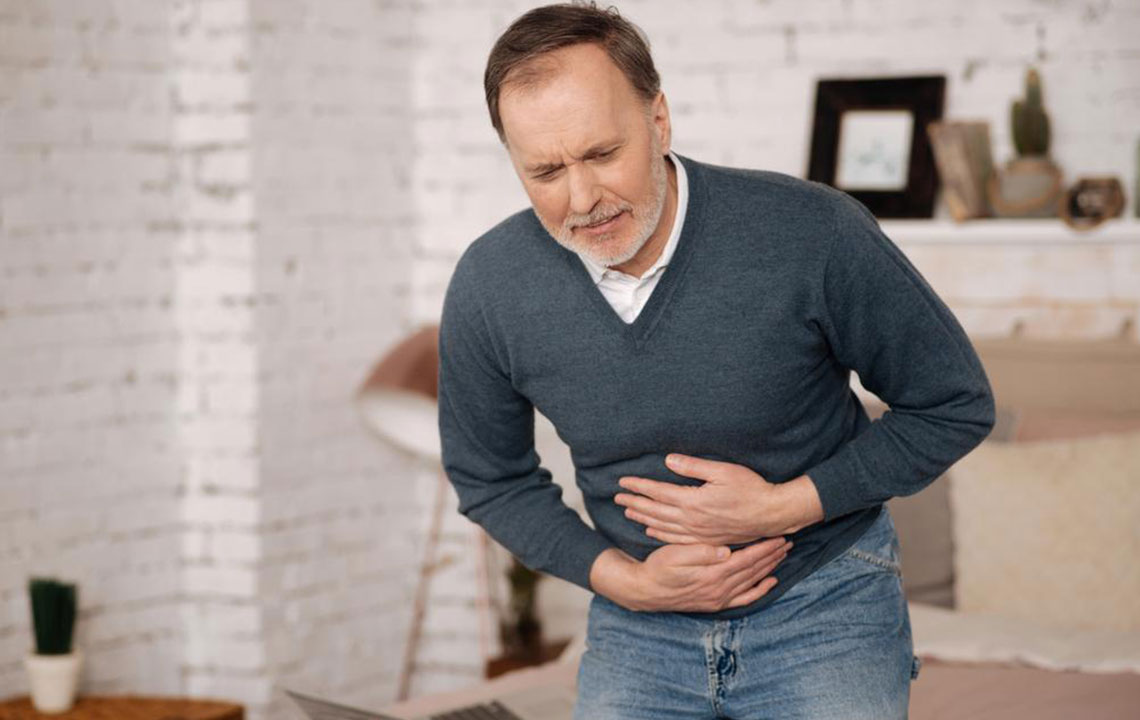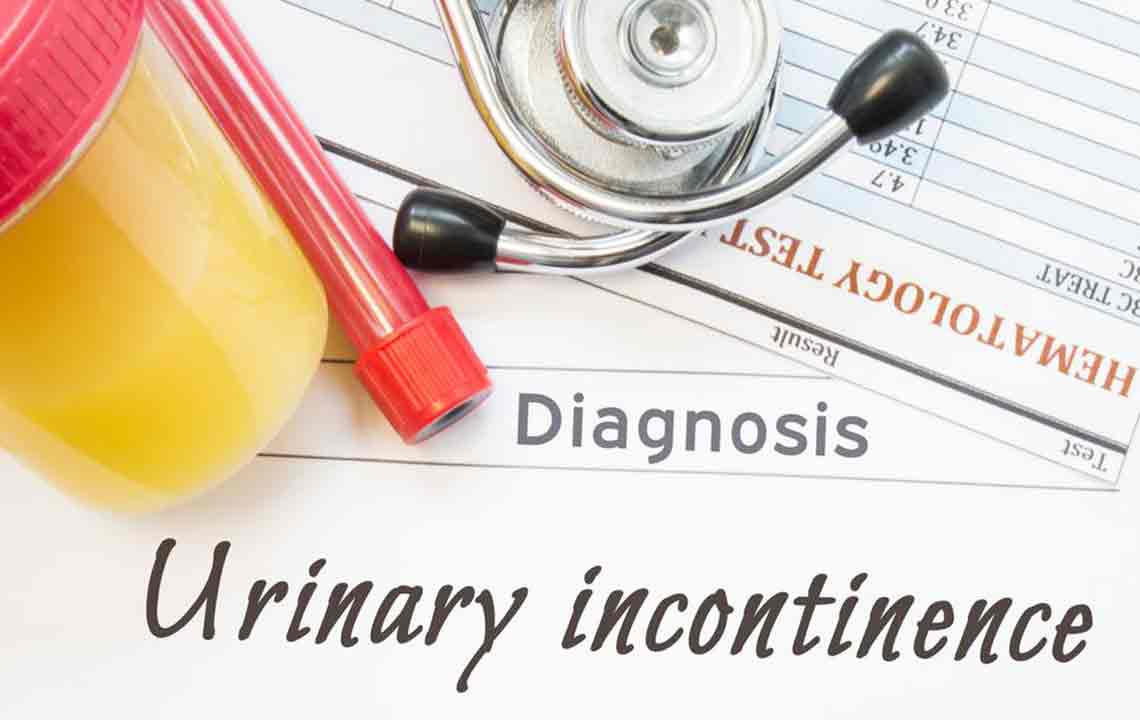Adult Bladder Control Issues: Causes and Symptoms Explained
Learn about adult urinary incontinence, including its causes and symptoms. Understand the different types of leakage, such as stress and urge incontinence, and when to seek medical advice for effective treatment options.

Adult Bladder Control Problems: Causes and Symptoms
All organs have dedicated functions vital for health. When one system malfunctions, health issues can arise. For instance, urination is a normal process, but frequent urges or leaks without excessive fluid intake may indicate a problem.
Involuntary urine leakage or sudden urgency, known as urinary incontinence, is common in children but can pose serious issues in adults.
What leads to adult urinary incontinence?
Approximately one-third of the U.S. population experiences at least one episode of incontinence, with frequency rising with age.
Typically, bladder muscles relax during filling, and signals are sent to the brain when urination is needed.
Weak or malfunctioning bladder muscles are often responsible for leakage. Causes include nerve damage, infections, pregnancy, childbirth, or neurological conditions like Parkinson’s disease or MS.
Common signs of adult urinary incontinence include:
Recognizing underlying issues often involves noticing symptoms. Major signs include involuntary leakage, with specific types presenting differently:
Stress Incontinence: Leakage occurs during activities exerting pressure on the bladder, such as coughing, sneezing, or laughing.
Urge Incontinence: Characterized by a sudden, intense urge to urinate leading to involuntary leakage.
Mixed Incontinence: Features combined symptoms of stress and urge types.
Overflow Incontinence: Frequent dribbling when the bladder cannot fully empty.
Functional Incontinence: Caused by physical or mental barriers like arthritis or dementia preventing timely bathroom access.
Note: This content is for educational purposes only and is not a substitute for professional medical advice. Always seek guidance from healthcare experts regarding symptoms or health concerns related to incontinence.


